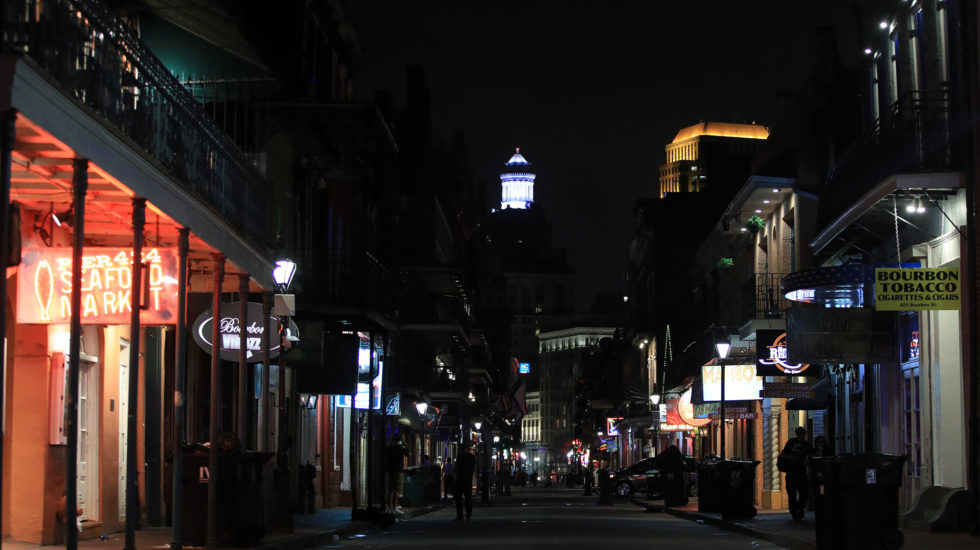We’ve been following the situation in New York, but another city bears watching closely for coronavirus, New Orleans. From The New York Times:
“According to one study, Louisiana, with more than 2,300 cases as of Thursday afternoon, is experiencing the fastest growth in new cases in the world; Gov. John Bel Edwards said on Tuesday that the current trajectory of case growth in Louisiana was similar to those in Spain and Italy. This week, President Trump approved the governor’s request for a major disaster declaration, which unlocks additional federal funding to combat the outbreak.“
The Times reports New Orleans has confirmed 827 cases, more than the total cases in all but 15 states. Why the high number? There’s a growing suspicion Mardi Gras is partly to blame. The annual celebration ended in late February.
CNN writes: “Jefferson and Orleans parishes, which make up most of metro New Orleans, were two of the deadliest counties to be infected with the virus, a CNN analysis earlier this week of data collected by Johns Hopkins University showed.They also ranked among the top seven counties nationwide — of those reporting 100 cases or more — in deaths per 100,000 residents.“
